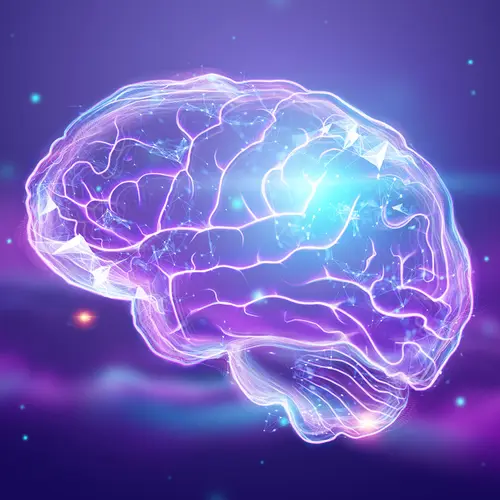If you have seizure clusters -- multiple seizures within a short time -- you or your doctor may notice that they're more likely to happen at certain times or in certain situations.
For about 30% of people who get them, it’s not clear what triggers clusters of seizures. But those who recognize triggers can try to avoid them or make an emergency plan in case they're unavoidable.
Some of the most common seizure triggers include stress, lack of sleep, and missing a dose of medication.
Skipping Your Epilepsy Meds
Among people who are generally able to control their epilepsy with medication, the No. 1 reason for seizures is skipped doses. If you miss one or more doses, your seizures may happen more often or be more intense.
How much a missed dose affects you depends partly on how many times a day you normally take your medication. Your risk of seizures increases more if you miss your only daily dose than if you miss one of your usual three or four daily doses.
In general, it's best to take a missed dose as soon as you remember it. But don’t do this if it’s already time to take the next dose. Ask your doctor or pharmacist if you’re unsure what to do.
Lack of Sleep
Sleep is important for everyone's health. That's especially true for people who have seizures, since losing sleep is a common trigger. But the link between epilepsy and sleep is complicated.
When you sleep, your brain’s electrical signals and hormones change. That's why losing sleep can lead to seizures.
It's also why some people have seizures while they sleep. Some epilepsy medications also make it harder to sleep. That, in turn, may lead to more seizures, causing a cycle that could get worse without help from your doctor.
Everyone’s sleep needs are different. But a good rule of thumb is to get 8 hours a night.
Other Illnesses
A cold, flu, sinus infection, or other illness can trigger seizures in some people. This may be due to fever, the physical stress of being ill, or dehydration caused by not eating or drinking as much as you should.
Digestive problems like an upset stomach and vomiting can also lead to dehydration or keep you from taking your epilepsy medications.
You may also lose sleep when you're sick. And some over-the-counter medications, like cold and allergy medicines, may trigger seizures. Ask your doctor which nonprescription medicines are safe for you.
Stress
Doctors don’t know exactly why stress can trigger seizures. But they know stress leads to higher levels of certain hormones that affect parts of your brain and nervous system linked to epilepsy.
In addition, stress can lead to sleep problems, another possible seizure trigger.
Mental health counseling may help you to get stress under control. Talk to your doctor if you think stress is interfering with your daily life or if you notice a link to your seizures.
Alcohol and Recreational Drugs
If you have epilepsy, you have to decide whether you’re going to drink alcohol. Keep in mind that it’s a drug that seems to raise the risk of seizures in some people.
Drinking several alcoholic beverages within 24 hours can have an effect. If you drink heavily, you’re most at risk between 6 and 48 hours after you stop drinking, as the alcohol leaves your body.
The effects of recreational drugs vary widely. They may interact with your epilepsy medication or may cause a seizure on their own. Cocaine can trigger a seizure in some people within seconds.
Taking illegal drugs with epilepsy is risky. It’s often unclear what is in them, so there's no way to predict the possible effects.
Your Period
If you have more seizures at certain points in your menstrual cycle, your doctor might call it catamenial or cyclical epilepsy. It may happen:
- At the start of your period
- In the middle of your cycle (around ovulation)
- In the week leading up to your period
If you’re not sure, keep a diary for a few months and note when you have seizures.

